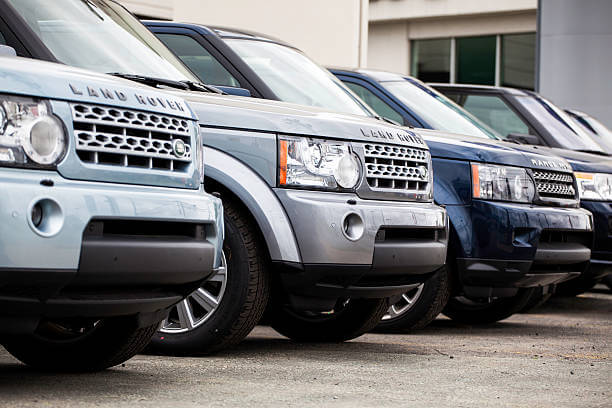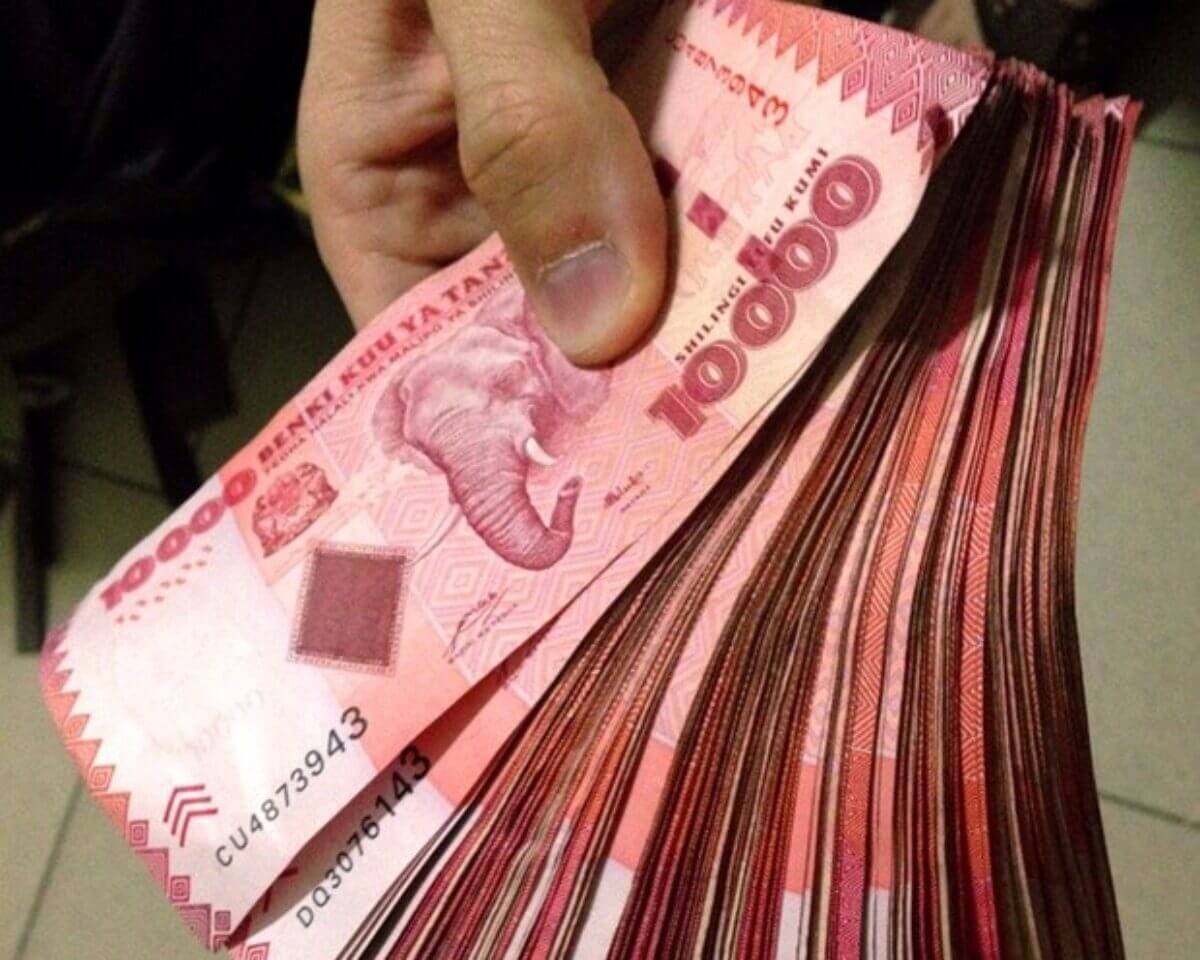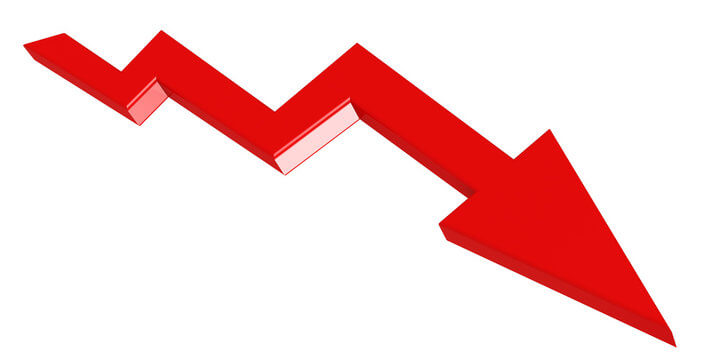Kenyan new vehicle dealers doubled their exports to the regional market last year, underlining their capacity to supply the neighbouring countries.
Data from the Kenya Motor Vehicle Industry Association (KMI) shows that the companies led by Isuzu East Africa and Scania East Africa sold a total of 387 units to the external markets in the year ended December.
This was up from 193 units the year before. Most of the exports went to Tanzania (which bought 241 units) and Uganda (146 units) in the review period.

The bulk of the exports were commercial vehicles –pick-ups, trucks and prime movers— and a majority of them were assembled locally.
A Scania prime mover belonging to the P360 series is the top-selling export model, moving 40 units last year.
The formal dealers have said that their plants are operating below capacity, noting that they are able to scale up production to meet demand from the region.
“Our capacity utilisation currently is about 40 percent where we are producing about 5,000 trucks. We have the capacity to scale up regionally in terms of production capability,” Isuzu’s chief executive Rita Kavashe said in an interview.
High demand
There is a high demand for vehicles in East Africa but a greater preference for second-hand imports besides higher age limits has limited the opportunity for formal dealers.
“The East Africa market size is about 200,000 vehicles annually. Out of this, 40,000 are commercial trucks and pick-ups. So, while in Kenya we assemble about 11,00 vehicles, in the region there is a big opportunity. We have three plants in Kenya and they are operating at 40 percent of their capacity,” Ms Kavashe said.
“These three plants have the capacity to supply commercial trucks to the entire East African region. Uganda and Tanzania with less stringent age limit similarly have second-hand imports comprising approximately 85 percent of their motor vehicle sales each year.”
Government has been rolling out incremental incentives to support the local vehicle assembly sector, with most of these being exemptions from taxes such as import duty which is levied at 25 percent.
Source: Business Daily







